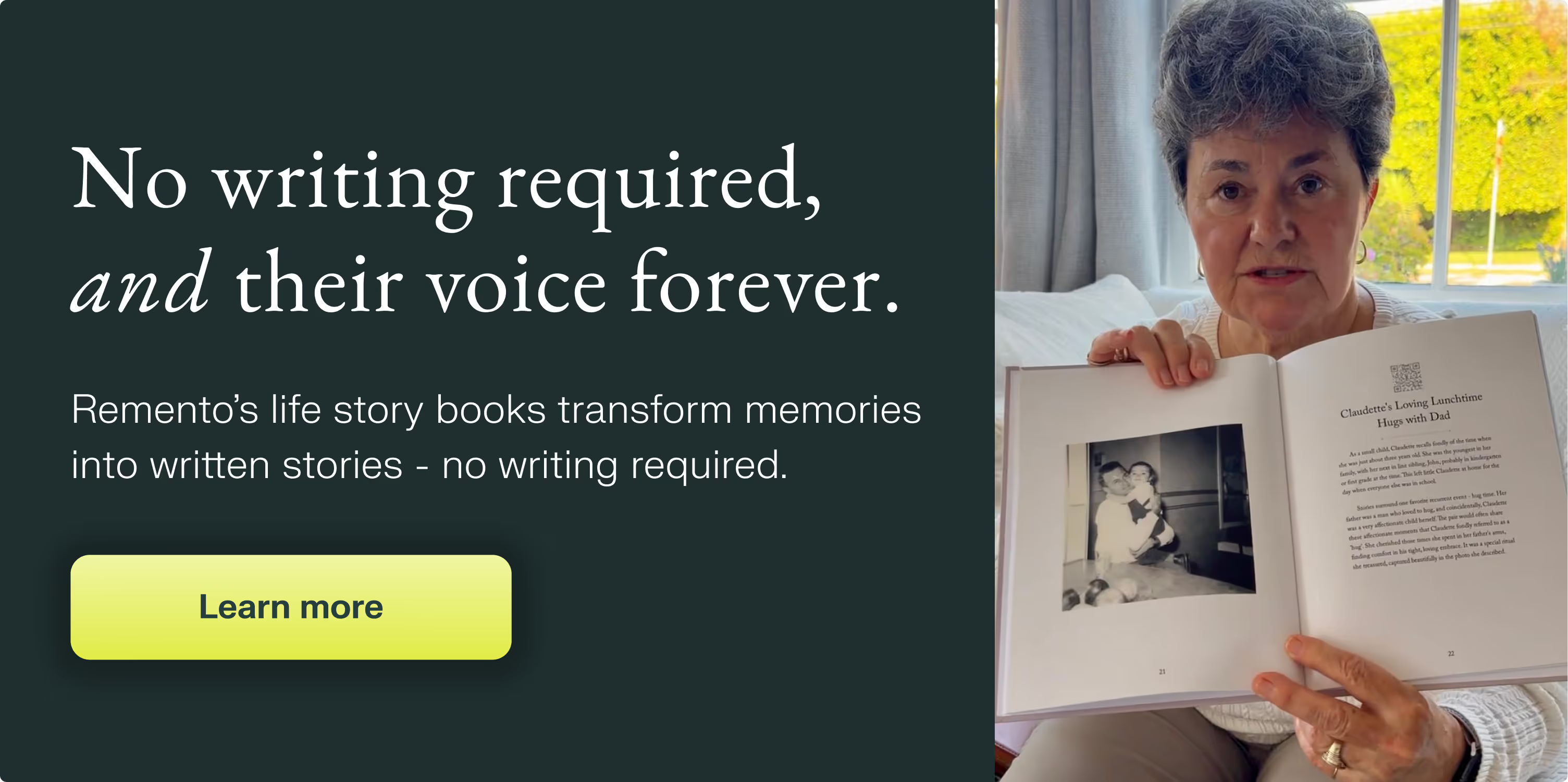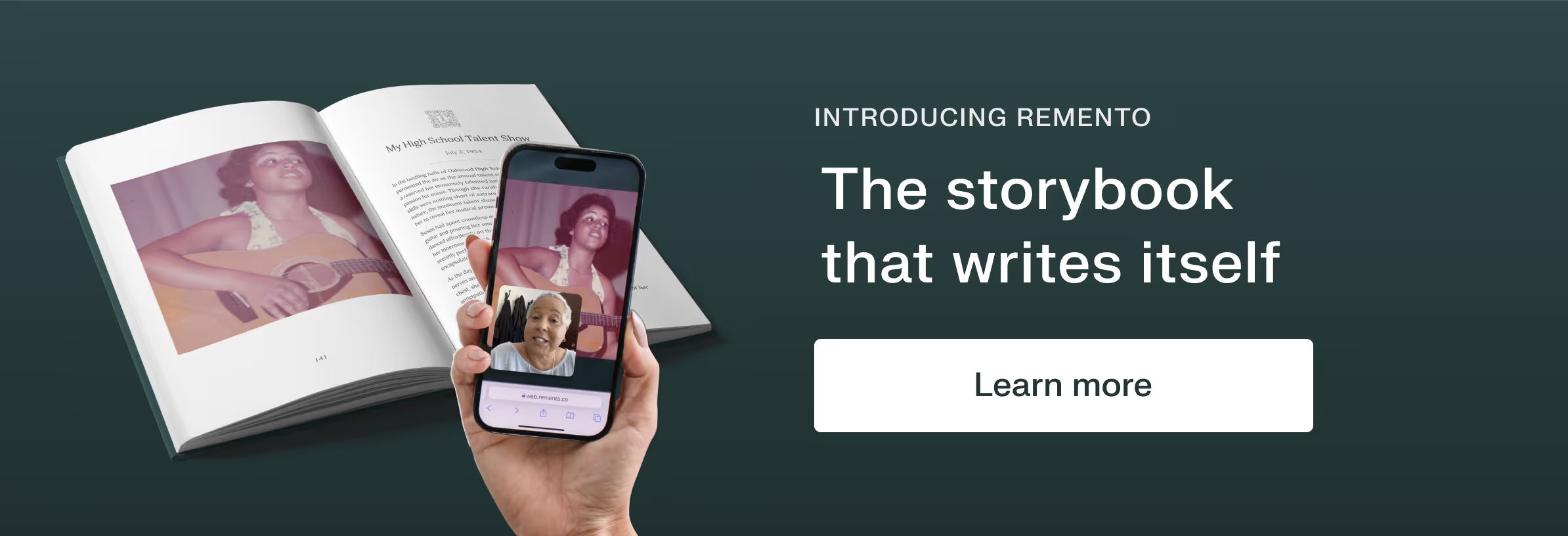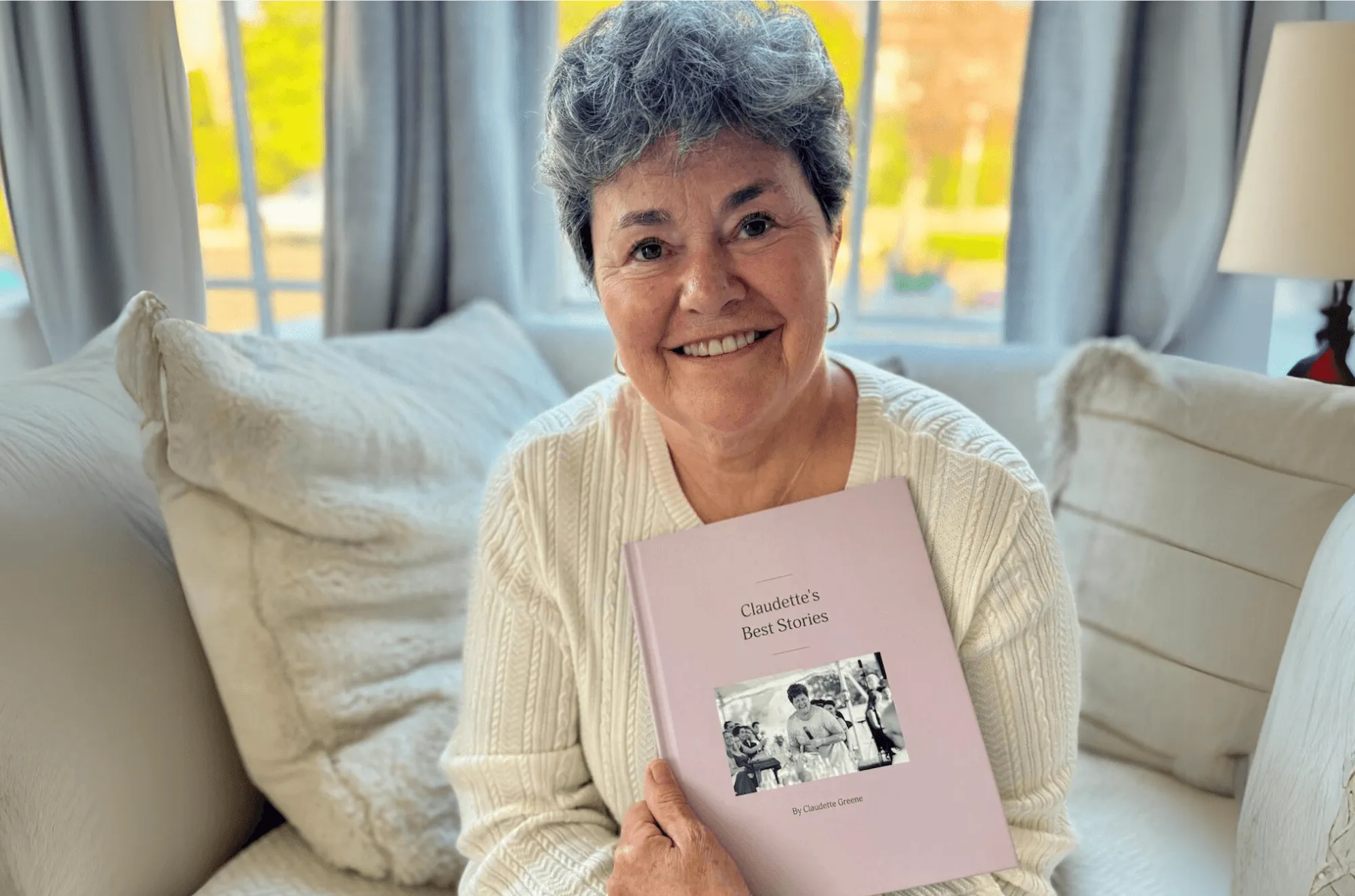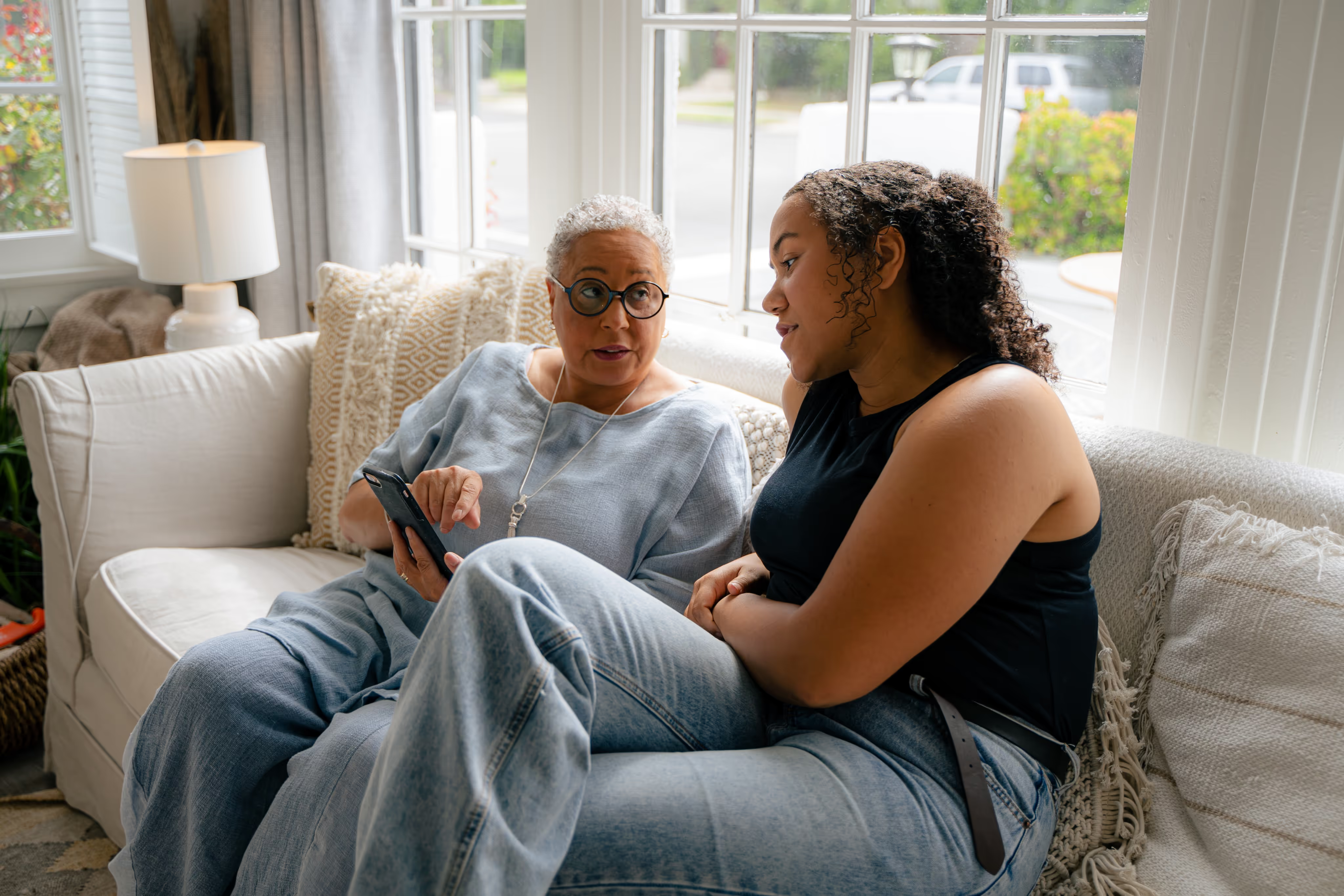Guaranteed to teach you things you never knew.
15 Tips for Becoming a Better Listener, One Question at a Time
Listening is a crucial skill in any area of life, whether it be in our personal relationships, at work, or in social situations. Here are 15 tips you can start using today to improve your listening skills with anyone.
Listening is a crucial skill in any area of life, whether it be in our personal relationships, at work, or in social situations. But being a good listener is about more than just hearing the words that are being said. It’s about truly understanding and comprehending what the other person is saying, and being present and engaged in the conversation.
If you'd like to record and listen to stories of your loved ones, check out the Remento book to help you with just that.
15 Tips to Help You Become a Better Listener
1. Pay attention: This may seem obvious, but it’s important to actively listen and focus on the speaker, rather than just letting the words wash over you.
2. Don’t interrupt: Let the other person finish speaking before jumping in with your thoughts or opinions. Interrupting can be perceived as disrespectful and can disrupt the flow of the conversation.
3. Ask questions: Show that you are interested in what the other person has to say by asking clarifying questions. This will also help you better understand their perspective.
4. Avoid multitasking: It’s tough to truly listen when you’re also trying to check your email or text messages. Avoid multitasking and give the speaker your undivided attention.
5. Practice active listening: This involves not just hearing the words being said, but also picking up on nonverbal cues and demonstrating that you are listening through your body language and facial expressions.
6. Don’t just wait for your turn to speak: It’s natural to want to jump in and share your thoughts, but try to resist the urge and really listen to what the other person has to say.
7. Clarify misunderstandings: If you’re unsure of what the speaker is trying to say, don’t be afraid to ask for clarification. It’s better to make sure you understand rather than making assumptions.
8. Avoid making assumptions: Try to enter the conversation with an open mind and avoid jumping to conclusions.
9. Be empathetic: Put yourself in the other person’s shoes and try to understand their perspective. This will help you better connect with them and show that you care about what they have to say.
10. Avoid distractions: This can be anything from the TV in the background to your phone buzzing with notifications. Remove any potential distractions so you can fully focus on the conversation.
11. Take notes: If you’re in a meeting or a discussion where important information is being shared, it can be helpful to take notes to help you remember what was said.
12. Reflect on what was said: After the conversation, take a few minutes to think about what was discussed. This can help you better understand and retain the information.
13. Practice listening: Like any skill, listening takes practice. Make an effort to listen actively in all of your conversations, not just the important ones.
14. Seek feedback: Ask others for their thoughts on how you can improve your listening skills.
15. Be present: Try to be fully present in the conversation, rather than thinking about what you’re going to say next or what you need to do later. This will allow you to truly listen and engage with the other person.

Being a great listener is one of the simplest and most impactful things you can do to improve your relationships, your career, and yourself. By utilizing these 15 tips, you can start becoming a better listener today. One conversation at a time, you have the power to change yourself and those around you for the better.

Next up: 12 Reasons to Record Videos for Your Children Each Year on Their Birthday

Their stories, forever at your fingertips
Remento’s life story books turn a parent or grandparent’s memories of the past into a keepsake book for the future - no writing required,.
Capture priceless family memories today
Join the thousands of families using Remento to preserve family history, all without writing a word.
.avif)
.avif)
